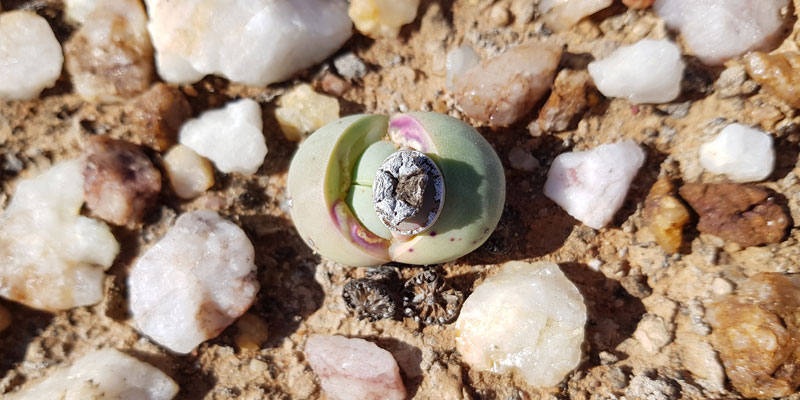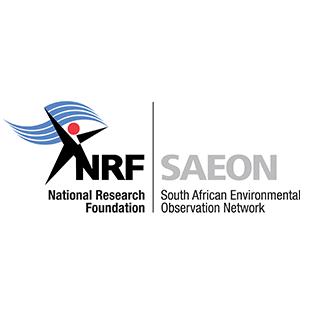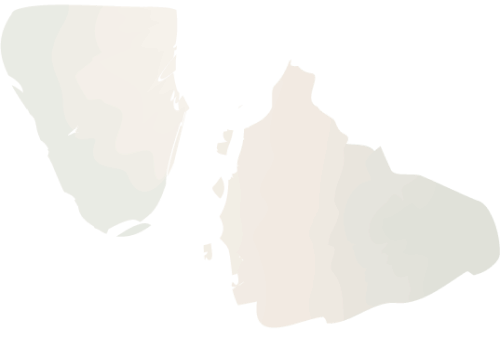Our partners
Meet the AZEF partners who make up our active community. This community is constantly expanding as new stakeholders join us.
Bitterfontein Landbouvereniging
Botanical Society of South Africa (BotSoc)
CapeNature
Custodians of Rare and Endangered Wildflowers (CREW)
Department of Environment and Nature Conservation, Northern Cape
Department of Forestry, Fisheries and the Environment
FitzPatrick Institute of African Ornithology
Gobabeb Namib Research Institute
Goegap Nature Reserve
Grootfontein Agricultural Development Institute
Hamburg University
International Union for the Conservation of Nature (IUCN)
Landbouweekblad
Namibia University of Science and Technology
Nelson Mandela University
North-West University
Plant Conservation Unit, University of Cape Town
Rooiberg Breederiver Conservancy
Royal Botanic Gardens, Kew
Sol Plaatjie University
Sol Plaatjie University
South African National Biodiversity Institute (SANBI)
Tronox Namakwa Sands
Tshwane University of Technology
University of the Free State
University of KwaZulu-Natal
University of Stellenbosch
University of the Western Cape
Wilderness Foundation Africa
WWF South Africa
Who should I contact?
Because we’re made up of so many partners working in the arid and semi-arid zones in southern Africa, we can help to connect you with the right people to answer your questions.
Here are some guiding frequently asked questions to start you off:


Q: I want to help to monitor plant populations. How can I get involved?
A: Get in touch with the Custodians of Rare and Endangered Wildflowers to join some of the CREW monitoring outings. Contact: crew@sanbi.org.za

Q: I’ve seen an environmental crime take place. How can I report this?
A: Get in touch with your closest provincial nature conservation office. If you’re in the Western Cape, find your closest office here.
To report environmental crimes you can contact the following:
National Environmental Crimes & Incidents Hotline (24 hours): 0800 205 005
Western Cape: law.enforcement@westerncape.gov.za
Northern Cape: 082 418 8400



Q: I want to find out more about the implementation of the National Strategy and Action Plan to address the illegal trade in succulents, or want to get involved to help.
A: Contact Emily Kudze at SANBI (E.Kudze@sanbi.org.za).

Q: I’d like to find out how to sign my land up to become a Biodiversity Stewardship site or Protected Area?
A: If you’re in the Western Cape, get in touch with your closest provincial nature conservation office.
If you’re in the Northern Cape, contact the Biodiversity Stewardship Unit with Northern Cape Department of Agriculture, Environmental Affairs, Rural Development and Land Reform. Alternatively contact the WWF Land Programmme.

Q: How can I find out about support to clear invasive alien plants?
A: There are some government initiatives undertaking invasive alien clearing work, as well as local, private initiatives. However, support is often difficult to come by. Get in touch with your local provincial department of environment to find out what government initiatives are in your area, and whether there is an opportunity to join them. Or listen out for other private opportunities, often run by local non-profit organisations and landowner groups.

Q: There’s a mining application lodged in my area. What do I do?
A: The first step is to ensure you are registered as an Interested and Affected Party. You’ll find the details to register on the mining application document. Be sure to do this before the deadline. Once you’re on the list, the Environmental Assessment Practitioner (EAP) has to keep you informed of the application documents, the Environmental Impact Assessments and all other matters relating to the application, to which you can then respond.
Other questions?
For any other questions, please contact AZEF.
Join our AZEF community
As a member of the AZEF community, you have access to partners such as yourself, working to protect the arid and semi-arid zone of southern Africa.
Get to know other partners working in the arid zone, and how they can help you. MORE
Share or learn more about study and work opportunities in the arid zone. MORE
Join our annual conference to connect with stakeholders in the arid zone. MORE
Join our emailer to stay in touch with the latest opportunities in the arid zone. MORE
Created with care by LoveGreen. Privacy Policy | Terms Website Use







